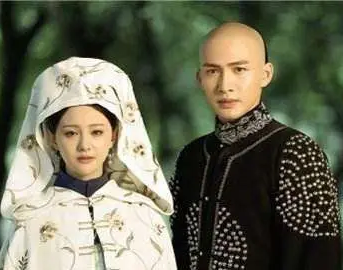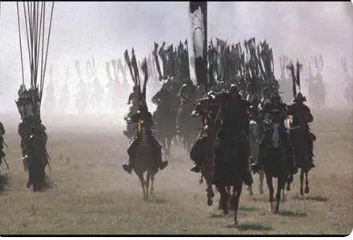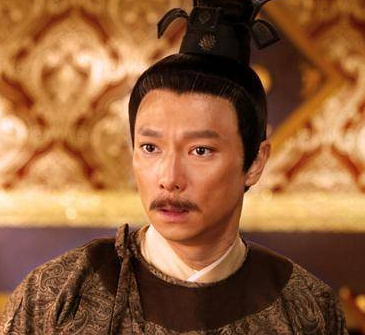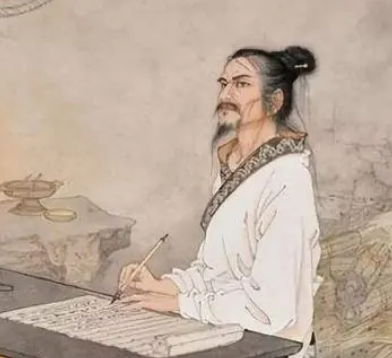In Chinese history, the relationship between two important figures in the late Qing Dynasty, Zuo Zongtang and Zeng Guofan, is often discussed. Some argue that Zuo Zongtang looked down on Zeng Guofan, but is this really the case? This article will explore this issue from multiple perspectives.

First, from the perspective of political stance, although both Zuo Zongtang and Zeng Guofan were important officials in the Qing Dynasty, their political ideologies differed significantly. Zuo Zongtang advocated a tough stance against foreign enemies and firmly defended the country's sovereignty and dignity. On the other hand, Zeng Guofan believed in the value of peace and advocated diplomatic solutions to disputes. This difference in political stance may have led to disagreements between them when dealing with national affairs, thereby affecting their relationship.
Second, in terms of military talent, Zuo Zongtang and Zeng Guofan each had their own strengths. Zuo Zongtang performed exceptionally well in suppressing the Taiping Rebellion and was praised as a "general who could defeat the enemy." Zeng Guofan, on the other hand, succeeded in suppressing the Taiping Rebellion with his excellent organizational skills and strategic vision. This difference in military talent may have also led to biases in their mutual evaluations.
In addition, personality traits may have also influenced the relationship between the two. Zuo Zongtang had a resolute personality, speaking his mind without hesitation, and was bold in expressing his views. Zeng Guofan, on the other hand, had a calm and smooth personality, skilled at handling interpersonal relationships. This difference in personality may have led to friction between them during their interactions, further affecting their relationship.
In conclusion, the question of whether Zuo Zongtang looked down on Zeng Guofan has no simple answer. From the perspectives of political stance, military talent, and personality traits, there is indeed a certain complexity in their relationship. However, regardless of the situation, they were both outstanding politicians and militarists of the late Qing Dynasty who made significant contributions to the development of China. We should objectively view their relationship and learn from the lessons of history.
Disclaimer: The above content is sourced from the internet and the copyright belongs to the original author. If there is any infringement of your original copyright, please inform us and we will delete the relevant content as soon as possible.































